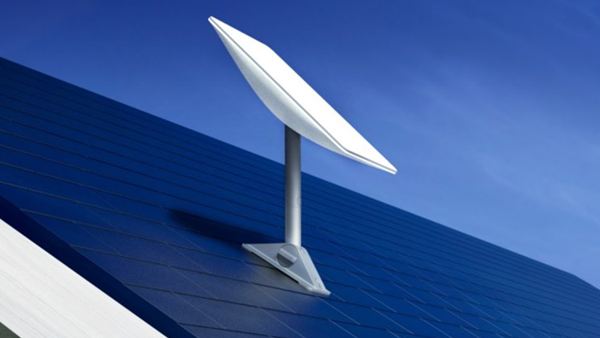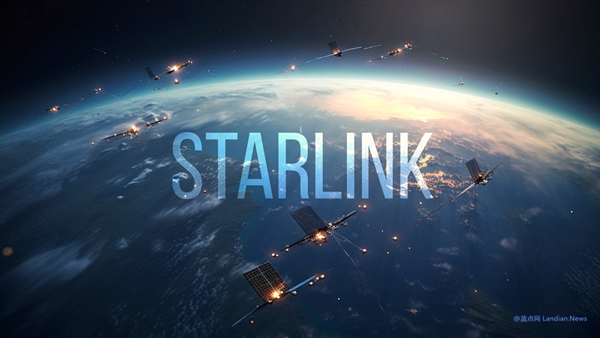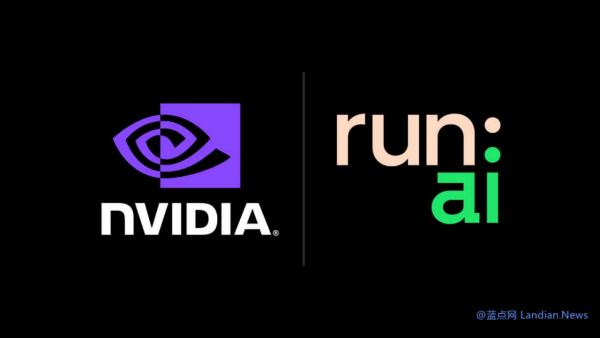The EU plans to invest $2.4 billion to deploy the sovereign satellite constellation network IRIS² by 2027.
The EU plans to invest $2.4 billion to deploy a sovereign satellite network, IRIS², by 2027. Currently, some European countries are using Elon Musk's Starlink satellite network, which provides high-speed internet services to people with a dedicated receiver.
However, the EU does not want to rely on a US company for the future of the Internet of Things. Therefore, the EU plans to invest $2.4 billion by 2027 to complete the deployment of the satellite constellation, which will provide satellite network connections to people in remote areas of the EU.
The IRIS² project is an acronym for Resilient, Interoperable, and Secure Satellite Infrastructure, initiated and regulated by the European Parliament.
The new project aims to ensure that the EU has sovereign, autonomous, and secure connectivity infrastructure, and the EU does not want to rely on Elon Musk's Starlink.
The new satellite constellation will be used in government, military, and civilian sectors, providing users with satellite network connectivity and enhancing the EU's competitiveness in the field of satellite communications.
To foster start-ups' participation in the competition, the EU plans to cultivate a complete ecosystem, given Europe's current space capabilities, mass-producing satellites may be relatively easy, but quickly and inexpensively launching them into orbit is a problem.
Therefore, the EU's plan is to cultivate start-ups, which can compete and develop Europe's own space industry. The EU is quite satisfied with this new project. However, the $2.4 billion budget may not be enough, so additional funds from the European Space Agency and private donations may be needed, and commercial funding may also be introduced.
It should not be a problem to build a complete satellite constellation in four years because the EU only needs to cover Europe, not the whole world like Musk.










